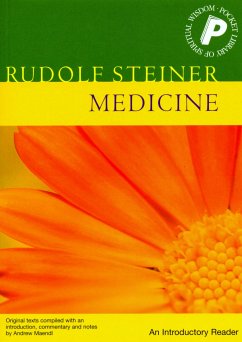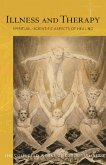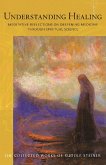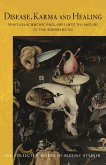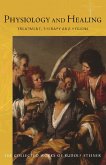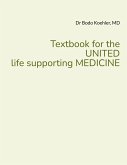Understanding man's true nature as a basis for medical practice; The science of knowing; The mission of reverence; The four temperaments; The bridge between universal spirituality and the physical; The constellation of the supersensible bodies; The invisible human within us: the pathology underlying therapy; Cancer and mistletoe, and aspects of psychiatry; Case history questions: diagnosis and therapy; Anthroposophical medicine in practice: three case histories.
Dieser Download kann aus rechtlichen Gründen nur mit Rechnungsadresse in A, B, BG, CY, CZ, D, DK, EW, E, FIN, F, GR, H, IRL, I, LT, L, LR, M, NL, PL, P, R, S, SLO, SK ausgeliefert werden.

